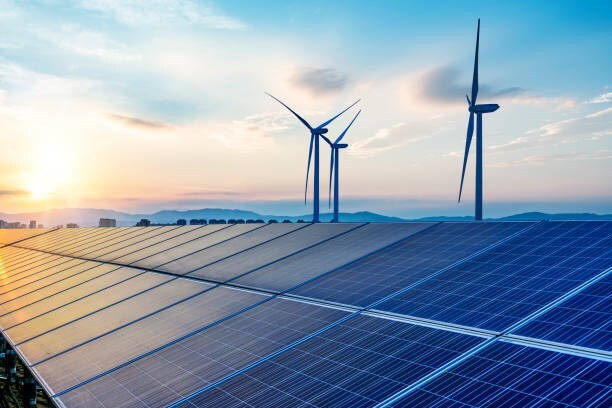您想继续阅读英文文章还
是切换到中文?
是切换到中文?

THINK ALUMINIUM THINK AL CIRCLE

With industrial decarbonisation being extremely crucial for environmental benefits, Egypt has adopted a major initiative towards it. The country has signed an agreement for the “Dandara” Solar Energy Project, a landmark initiative that will supply clean power to the Egypt Aluminium (Egyptalum) complex in Nagaa Hammadi.

Landmark partnership to drive Egypt’s green industrial revolution
Designed as the region’s first large-scale industrial decarbonisation project, Dandara marks a cornerstone in Egypt’s green industrial strategy and its broader goal to strengthen export competitiveness amid rising global carbon standards.
The signing ceremony was graced by the ministers of planning, economic development and international cooperation, and the public business sector, along with Norway’s ambassador to Egypt. Letters of Intent were inked between Dandara Solar Energy Company, a subsidiary of Norway’s Scatec ASA, and the key international finance partners: the European Bank for Reconstruction and Development (EBRD), the African Development Bank (AfDB), and the European Investment Bank (EIB).
The agreement strengthens sustainability and resource efficiency
According to the said agreement, Scatec ASA will build and operate the solar facility for the next 25 years in order to exclusively supply renewable energy to Egyptalum. It is expected to reduce Egyptalum’s greenhouse gas emissions by 30 per cent. It also helps the company to align with the European Carbon Border Adjustment Mechanism (CBAM), ensuring smoother market access for Egyptian exports to Europe and enhancing their global competitiveness.
Rania Al-Mashat, Minister of Planning, called Dandara a key NWFE (National Initiative for Green Projects) project, channelling over $4 billion for 4.2 GW of renewable energy, supporting Egypt’s 10 GW target by 2028, enhancing grid stability, greening heavy industries, and boosting clean energy exports.
Mohamed Shimi, Minister of the Public Business Sector, highly talked about the Dandara project as a “qualitative leap for Egypt’s aluminium industry”. He said that the project will eventually elevate the global profile of Egyptian aluminium, around half of which is exported to Europe. He further noted that this is the state’s long-term renewable energy strategy, promoting resource efficiency, sustainability, and industrial modernisation. The project is expected to strengthen investor confidence and enhance long-term profitability.
Through the Dandara Solar Project, Egypt aims not only to power industry with clean energy but also to reshape its manufacturing sector for a carbon-conscious global economy.
To learn about sustainable moves by some of the key global companies, keep an eye to the launch of our new e-Magazine: Sustainability & Recycling: Aluminium's Dual Commitment
Responses








